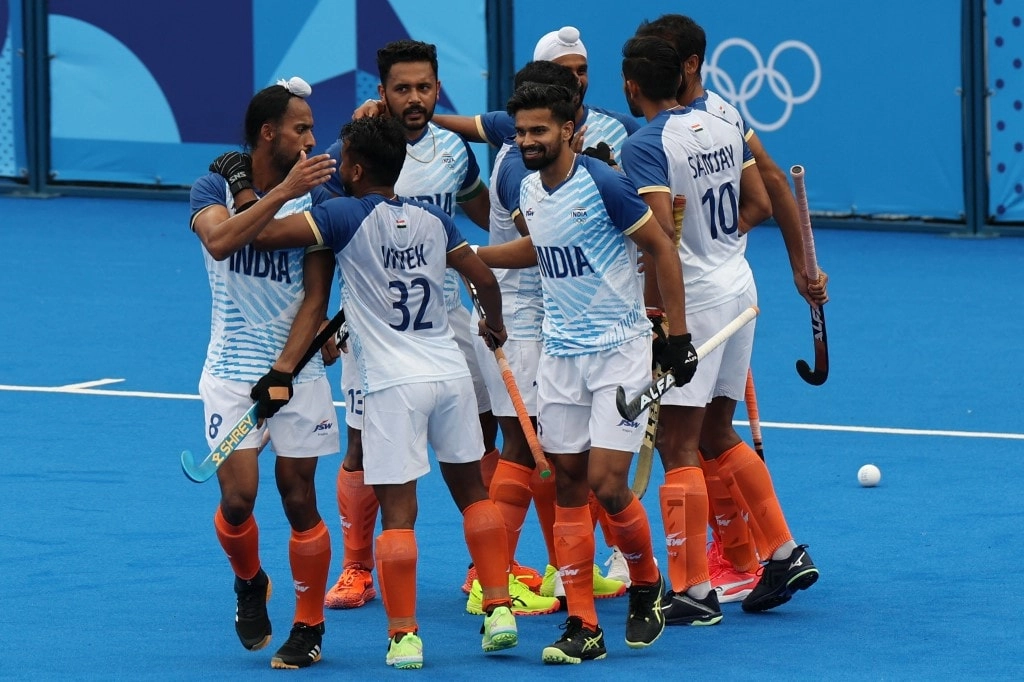The Board of Control for Cricket in India (BCCI) recently addressed the ongoing discussions surrounding the handshake policy during the Women’s World Cup match between India and Pakistan. This match, which garnered significant attention from fans and media alike, was not only pivotal in terms of performance but also highlighted cultural sensitivities and the spirit of sportsmanship. The BCCI’s statement came in response to queries regarding the protocol followed by players before and after the match, particularly the handshake—a gesture often seen as a sign of respect and goodwill among competitors.
In the context of Indo-Pak cricketing encounters, the handshake has taken on added significance, symbolizing a potential thaw in relations amidst ongoing political tensions. The BCCI emphasized that while they encourage sportsmanship, any specific protocols regarding handshakes or other forms of interaction during matches would be left to the discretion of the players and coaching staff. This decision aims to respect individual choices and cultural differences that might influence players’ actions on the field. The BCCI’s approach reflects a broader understanding of the complexities that characterize India-Pakistan cricketing ties, acknowledging that each player may have differing views on such gestures.
Moreover, the BCCI’s communication serves to remind fans and stakeholders that cricket, while competitive, also has the power to foster unity and camaraderie. The anticipation surrounding India-Pakistan matches often transcends mere sporting rivalry, as these encounters resonate deeply with passionate supporters from both nations. As cricket continues to evolve, the BCCI’s stance on handshake protocols highlights the importance of maintaining respect for personal boundaries while promoting the values of sportsmanship. Ultimately, the focus remains on the game itself, ensuring that the essence of competition is complemented by mutual respect, irrespective of the outcomes on the field.




